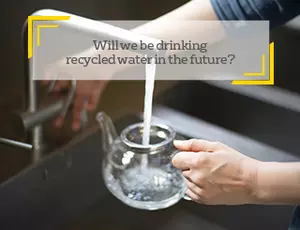We implement innovative solutions for wastewater treatment and reuse in many parts of the world, in collaboration with our local partners.
Freshwater accounts for only 2.5% of the world's available water. With the rapid growth in the world's population, accelerating urbanization paired with global warming, this resource is becoming scarcer. Today, access to drinking water is a major environmental, social and economic challenge for cities and industries.
What is wastewater reuse?
Wastewater reuse is a sustainable water management strategy that consists of recycling wastewater after it is treated in a wastewater treatment plant, for various uses including irrigation for farming, watering green spaces and certain industrial applications. This approach is an answer to ecological transition challenges aiming to reduce pressure on freshwater resources, especially in areas subject to water stress or drought.
1,144 million m3 of treated wastewater reused from wastewater collected and treated by Veolia in 2023, equivalent to the mean annual consumption of 18 million people (living in developed countries)
Wastewater reuse, a solution for water stress
Many regions of the world are subject to water stress. The reuse of treated wastewater is an unavoidable solution in these areas subject to social and health risks, a drop in agricultural yields, reduced industrial productivity, conflicts over use, fires and desertification. Just a few of the challenges it is possible to meet, with REUSE as one solution available to implement.
Treated wastewater is an abundant economical resource. Reusing treated wastewater is cheaper than producing desalinated water or transporting drinking water over long distances, favoring solutions suited to regions. The conditions in which wastewater can be reused are strictly regulated, at the global level (WHO), at the level of the European Union, and at the national level through specific decrees and orders.
A European regulation on the reuse of treated wastewater
In recent years, regulation of treated wastewater has evolved to ensure the quality of reused water and to protect public health and the environment. In France, the 2006 Law on Water and the Protection of Aquatic Environments (LEMA) and a 2011 decree set specific quality standards for treated reused wastewater. A European regulation adopted on May 5, 2020 on REUSE came into force in summer 2023.
The goal: to shape and accelerate the reuse of treated wastewater. As the world leader in water management, we adapt our treatment and reuse solutions for treated wastewater to meet these regulatory requirements.
Uses for treated wastewater
REUSE can serve to irrigate crops (agricultural irrigation alone accounts for 32% of the global market), and in landscape irrigation (20%), industry (19%) and even groundwater recharge (2% of the global market) - source: GWI 2010. In some world regions, wastewater can also be transformed into drinking water after advanced treatment.
Find out how we are helping cities become more resilient >
Our solutions for reusing or recycling wastewater
To reuse wastewater, we need to remove sediment, bacteria and micropollutants still present when water exits the wastewater treatment plant. Our innovative technologies, the result of research and development, are designed for both municipal and industrial customers. We provide cutting-edge solutions for:
- refining, i.e., the removal of organic matter :
- by filtration (e.g., sand or rotating disk filters),
- by lamellar settling (e.g., ACTIFLO®) and
- by a combination of both processes (e.g., ACTIFLO® Disc)
- UV disinfection (e.g., Aquaray systems)
- advanced removal of micropollutants (e.g., ACTIFLO® Carb)
Our teams can help you plan REUSE projects suited to your local context and in compliance with existing regulations and necessary authorizations. We also promote the exchange of experiences between public and private actors involved in water management.
What are the benefits for you as an industrial concern or local authority?
- Your conserve natural resources and help protect the environment
- You control your water supply costs
- You contribute to local economic and social development
- You help reuse treated wastewater
- You make your community more resilient to the challenges associated with drought
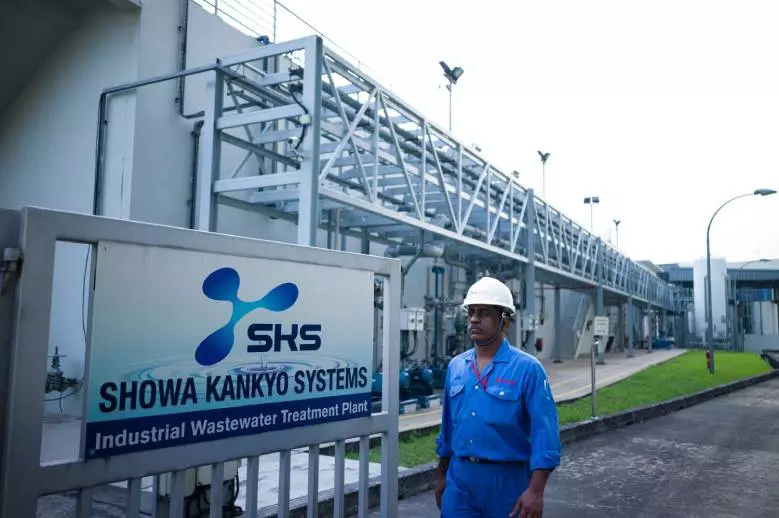
We did it!
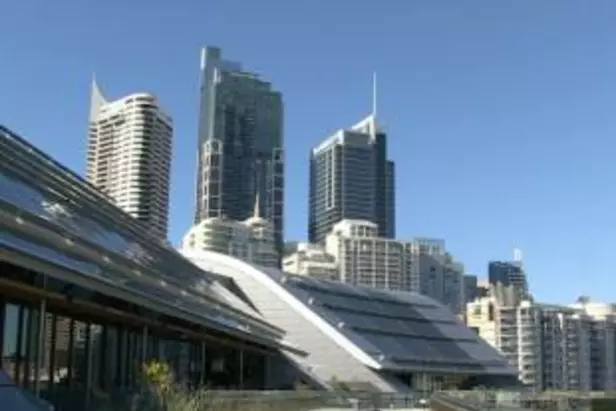
Australia
Since 2011, we have been collecting rainwater and recycling wastewater in a closed loop at the Darling Quarter, one of the greenest buildings in the world. As a result, we provide 68% of the 8-storey building's water needs for air conditioning and watering the landscaped areas.
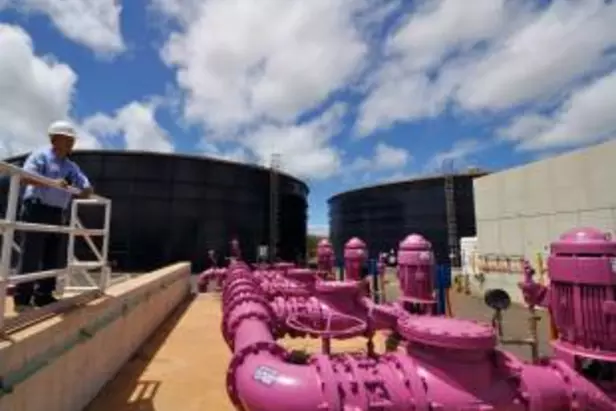
United States of America
In Honolulu, Hawaii, we treat nearly 50 million liters of secondary effluent from the city and county each day to produce nearly 45 million liters of recycled water for industrial applications (power generation, oil refining, etc.) and irrigation.
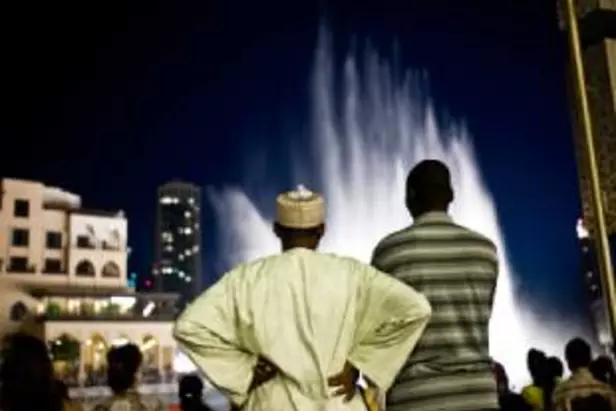
United Arab Emirates
We installed a wastewater treatment plant to provide closed-loop water recycling from an artificial lake located near the Burj Khalifa Tower in Dubai. The plant uses our Actiflo Pack clarification solution to treat 62,400 m3/day of water, i.e., 2,600 m3/hour.
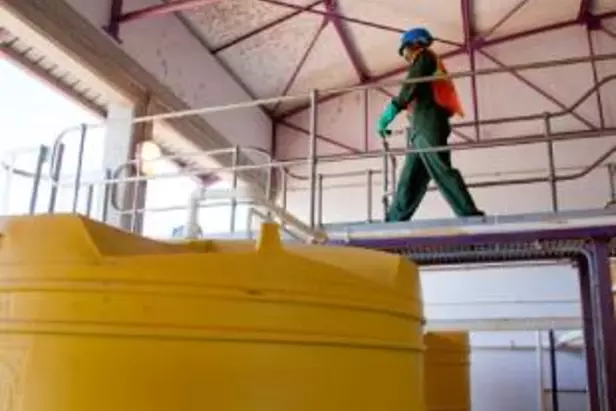
Namibia
Namibia is the driest country in Southern Africa. In Windhoek, the capital, we produce drinking water from domestic wastewater. We are able to cover almost 35% of the city's needs and help combat the region’s chronic water shortages. In total, we produce 21,000 m3 of water per day and supply more than 400,000 people with drinking water.



